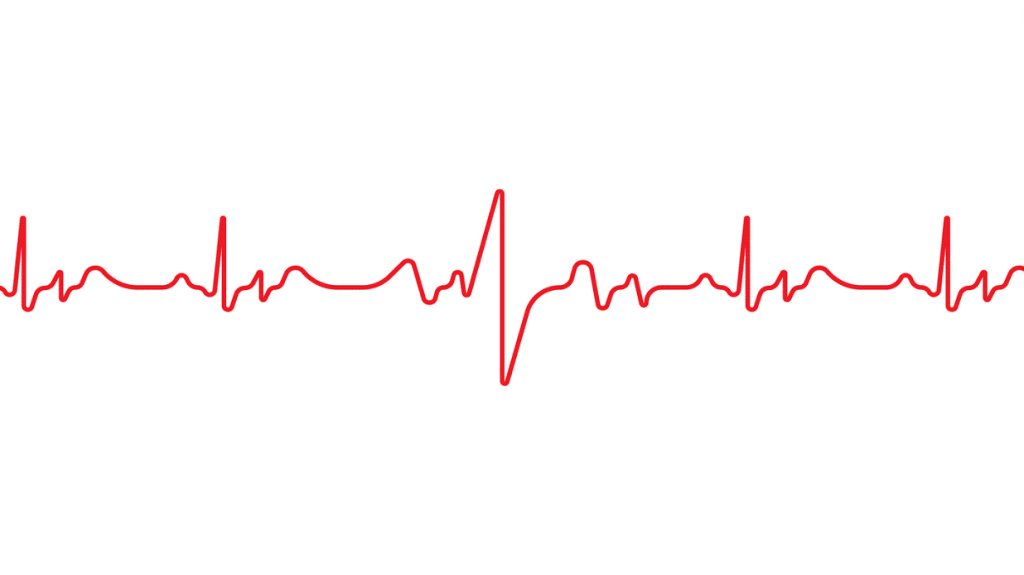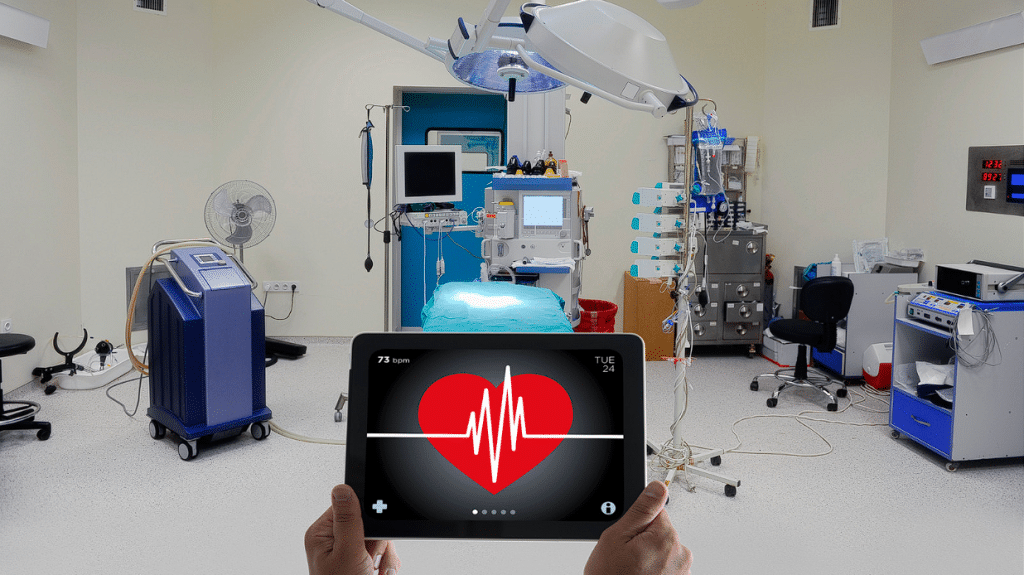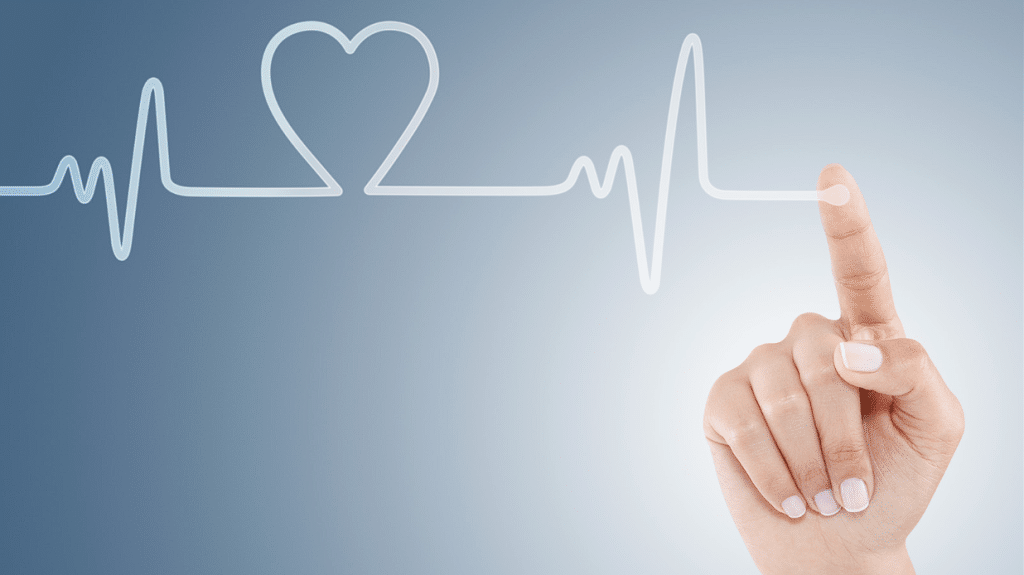Heart Beats Count
Heart Beats Count allows you to calculate your heart rate. If you’re wondering how many heart beats you’ve had in your lifetime, or how many heart beats you have left, our heart beats calculator is here to help! Just enter your age and click calculate.
A heart beats calculator that allows you to calculate your heart rate.
When you are trying to determine your heart rate, there are a few things that you need to keep in mind. First, you need to know the resting heart rate for adults. The average resting heart rate for adults is between 60 and 100 beats per minute. If you are pregnant, your resting heart rate may be higher. You also need to take into account your age and fitness level. If you are younger and/or more fit, your resting heart rate will be lower.
There are a few different ways that you can calculate your heart rate. You can use a heart rate monitor, or you can use the formula of 220 minus your age. If you are using the formula, you need to make sure that you are using your age in years.

Once you have your resting heart rate, you can use that number to calculate your heart rate during exercise. The general rule is that you should aim for a heart rate that is between 50 and 85 percent of your maximum heart rate. To calculate your maximum heart rate, you can use the formula of 220 minus your age.
If you are using a heart rate monitor, you will need to keep an eye on the display so that you can see your heart rate. You can also use a stopwatch to time yourself. Start by exercising for one minute and then check your heart rate. You should continue to exercise for at least five minutes so that you can get an accurate reading.
Once you have your heart rate, you can use it to calculate the number of calories that you are burning. The general rule is that you will burn about 100 calories for every 10 minutes that you are exercising at a moderate intensity. – (Heart Beats Count)
A heart beats calculator that allows you to monitor your heart rate.
Your heart rate is one of the most important indicators of your overall health. A healthy heart rate should be between 60 and 100 beats per minute. If your heart rate is consistently below 60, you may be at risk for heart problems. If your heart rate is consistently above 100, you may be at risk for high blood pressure. The best way to keep track of your heart rate is to use a heart rate monitor. – (Heart Beats Count)
A heart rate monitor will allow you to see your heart rate in real time, so you can be sure that you are staying within a healthy range. There are many different types of heart rate monitors on the market, so be sure to choose one that is right for you. – (Heart Beats Count)

A heart beats calculator that allows you to keep track of your heart rate.
Your heart rate is an important indicator of your overall health. A heart rate calculator can help you keep track of your heart rate and ensure that it stays within a healthy range. – (Heart Beats Count)
There are many factors that can affect your heart rate, including physical activity, stress, medications, and age. Knowing your resting heart rate can help you determine if you’re doing enough physical activity to maintain a healthy heart. – (Heart Beats Count)
If you have a heart condition, or if you’re taking medication that affects your heart rate, it’s important to monitor your heart rate closely. A heart rate calculator can help you keep track of your heart rate and ensure that it stays within a safe range. – (Heart Beats Count)
A heart beats calculator that allows you to check your heart rate.
A heart rate calculator can be a helpful tool for monitoring your heart health. By inputting your age and resting heart rate, the calculator can estimate your maximum heart rate and heart rate zone. This information can be used to check if you are working out at a safe and effective intensity. – (Heart Beats Count)

A heart beats calculator that allows you to calculate your heart beats per minute.
A heart beats calculator can be a helpful tool for people who want to monitor their heart rate. By inputting your age and weight, the calculator can estimate how many times your heart will beat per minute. This information can be useful for people who are trying to maintain a healthy heart rate or for those who want to know how their heart rate compares to others. – (Heart Beats Count)